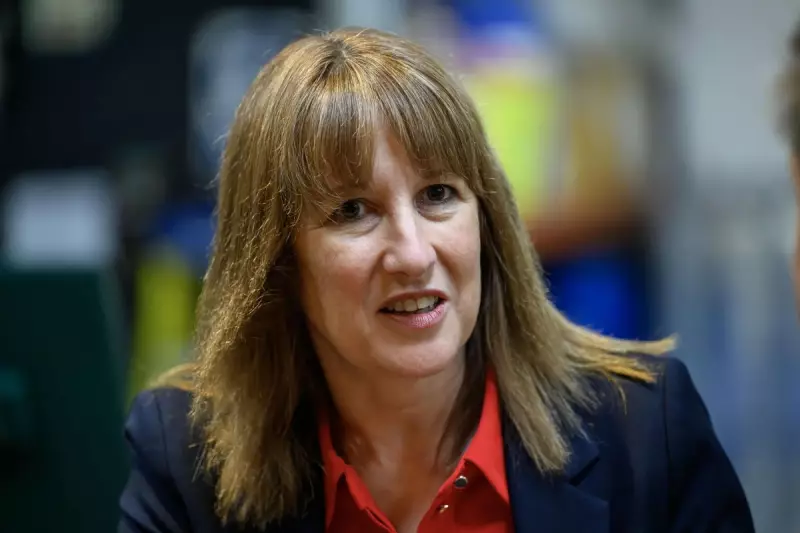
New Chancellor Rachel Reeves is confronting one of the most challenging economic dilemmas of her fledgling tenure, as fresh analysis from the International Monetary Fund paints a sobering picture of Britain's fiscal landscape.
The IMF's latest assessment reveals a staggering £30 billion hole in the nation's finances, forcing the Treasury to consider politically painful measures that could define Labour's economic credibility.
The Stark Fiscal Reality
According to the Fund's detailed evaluation, the UK government faces a significant shortfall between its spending commitments and available resources. This financial gap presents Chancellor Reeves with an unenviable choice: implement substantial tax increases or enact deep spending cuts across public services.
The timing couldn't be more delicate, with the Labour government preparing its first major fiscal statement this autumn—a crucial test of its economic stewardship.
Political Tightrope Walking
Senior Treasury officials are reportedly examining all available options, though insiders suggest the Chancellor is determined to avoid the austerity measures that characterised previous Conservative administrations. However, the scale of the challenge cannot be overstated.
"The numbers don't lie," one Whitehall source revealed. "We inherited an economy with serious structural issues. The IMF assessment merely confirms what we suspected—there are no easy solutions."
International Perspective Adds Pressure
The IMF's intervention carries particular weight, coming from an organisation traditionally seen as supportive of UK economic policy. Their analysis suggests that without corrective action, Britain's debt trajectory could become unsustainable in the medium term.
This international endorsement of the fiscal challenge adds credibility to whatever difficult decisions the Chancellor ultimately makes, but also increases the pressure to get them right.
What Comes Next?
All eyes now turn towards the Autumn Statement, where Reeves must balance her party's manifesto commitments with economic reality. The choices made in the coming months will likely shape public perception of Labour's economic competence for years to come.
With both tax rises and spending cuts carrying significant political risks, the Chancellor's room for manoeuvre appears increasingly constrained. The nation waits to see which path she will choose.





